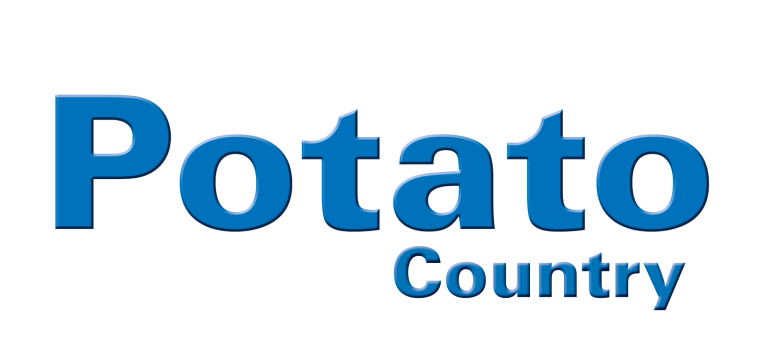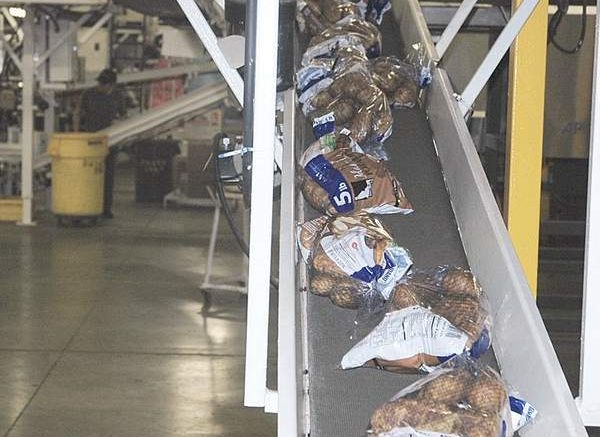WASHINGTON, D.C. — A half-dozen fresh potato packing facilities have been testing software and a smartphone app commissioned by the National Potato Council to help them comply with new federal food safety regulations.
NPC hired the consulting firm iFood Decision Sciences to develop the app and customizable software, which the Pacific Northwest packing sheds have been evaluating. It’s now available to other sheds for a fee.
The cloud-based software helps operations maintain an accessible electronic database to replace libraries of paper records, which are often incomplete or illegible, iFood Decision Sciences CEO Diane Wetherington said. The software also enables potato facilities to meet a growing number of requests for records from customers.
Wetherington’s company plans to build a model allowing customers to calculate the resulting time savings and return on investment. She said some sheds conduct hourly testing, documented with paper records.
“A lot of our food safety directors are spending up to 60 percent of their time to meet food safety requirements or buyer requirements,” Wetherington said. “Or if they’re going through an audit, we’ve had people spend four or five days getting ready, bringing out binders and documentation.”
Now, she said, “They’re not having to pull all of the binders and paper.”
Since 2013, Wetherington’s company has developed similar software specific to about 50 commodities. It customizes the software to match the function and appearance of each facility’s existing software. The app enables workers to input data using smartphones, allowing them to work offline until a signal becomes available.
The record-keeping system meets requirements that will be imposed under the federal Food Safety Modernization Act of 2011, including the Preventive Control Rules.
The implementation deadline is Sept. 19 for facilities with more than 500 employees covered by Preventive Control Rules, which requires facilities to conduct hazard planning, evaluation and monitoring and identify how to correct problems.
Smaller facilities have an additional year to comply, and NPC President and CEO John Keeling said most sheds meet an exemption for being at least half owned by growers and packaging products on the farm.
Keeling said the software would also be useful to NPC members in meeting terms of the Produce Safety Rule, which details new standards for growing, packing and holding produce. Large operations must implement the Produce Safety Rule by Jan. 21, 2017, with smaller operations granted an additional year.
In 2009, Wetherington’s company developed a microbial assessment for NPC that helped the potato industry minimize its FSMA requirements with a low-risk classification.
The software is based on food-safety guidelines iFood Decision Sciences helped a working group and industry leaders develop. The guidelines were updated in early 2015 to reflect the new FSMA requirements.
“The software is less important than developing the guidelines and a systematic way to collect that information,” Keeling said. “You need to demonstrate that you’re meeting the guidelines, and the software is one way to do that.”


